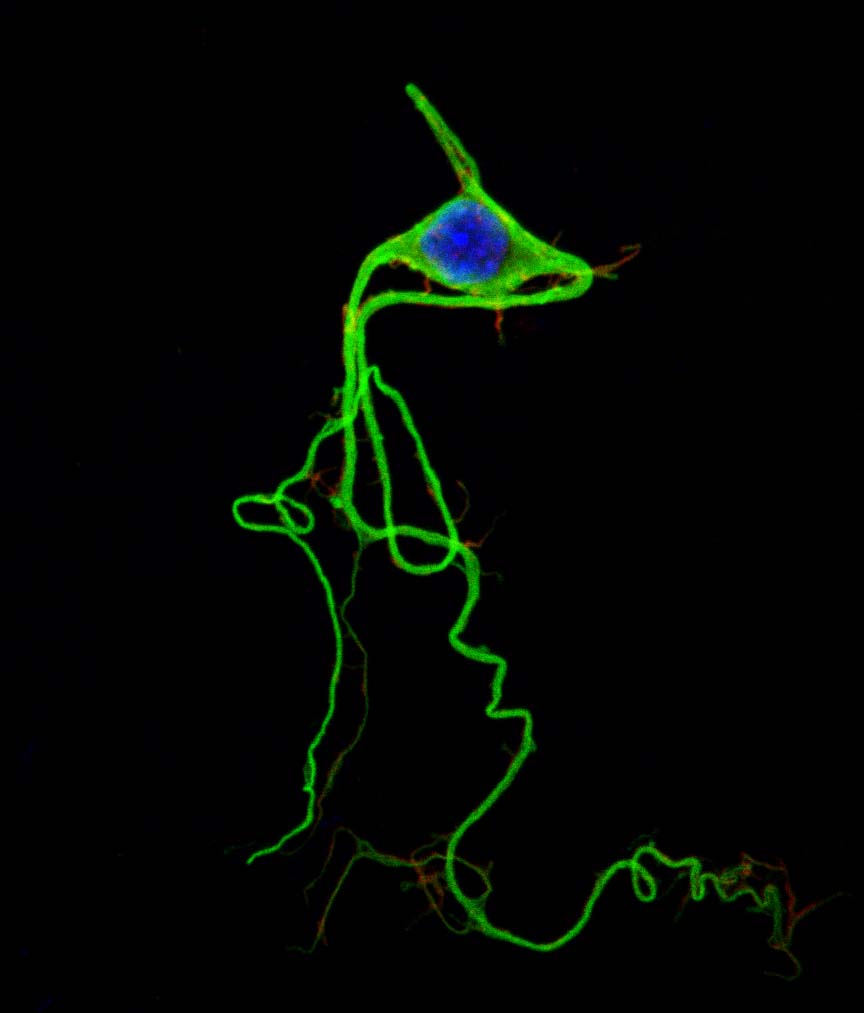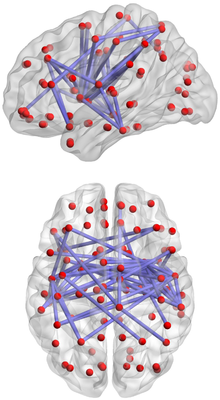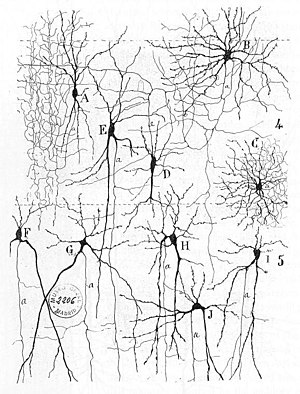The way I think of Piano savant Derek Paravicini - https://www.youtube.com/watch?
It's like circuits in the brain which are nearly immediate.
When Derek can't hold up 3 fingers or say his age, the light bulb doesn't go on - maybe those circuits don't exist, and maybe they didn't develop even in utero ... since he was born 3 months early.
Scientists probably know and could hypothesize pretty well about some of this, but "a read" on overall brain circuitry with a neural net hat some years in the future would be fascinating (and even now for baseline). Now what would I like to know re feelings, meaning and significance in terms of planning for such read outs.
And how to apply such knowledge to learning to play and practice the piano (for people in general and for me, as well - find a long-term teacher per these Guidelines - - and sit beside them)?
And I'd like especially to extrapolate more about how this piano learning as social experience could work re Derek's sociality too.
Practicing - Playing a Musical Instrument -
http://worlduniversity.wikia.com/wiki/Practicing_-_Playing_a_Musical_Instrument
*
Hopetoun Falls, Australia: Example here of savant pianist Derek Paravicini is fascinating re thinking about the brain as computer, Great model also of sociality in my thinking, and very English, (less so Italian re his last name), and his sociality and warmth are also examples to aspire to, Piano, Brain and Cognitive Sciences and Brain Computer Interface wiki subjects at WUaS, The language and culture of psychology is opening ... and possibly liberating ... Oliver Sacks'"The Man Who Mistook His Wife For His Hat," Derek's brain differentiates music and counting and friendliness and connection with his piano tutor, nearly lifelong, in unique ways that provide a basis for understanding brain processes in human behavior, Derek seems very very happy, (In a way this is a model for a quality, or code even, of loving bliss for me), Another fascinating thing is his sociality, How to incorporate this sociality, and happiness too, into online piano learning? "Playing/Practicing a musical instrument" and "Loving Bliss" wiki subjects, Prof. Alia Crum at Stanford and Prof. Ed Boyden at MIT
http://scott-macleod.blogspot.com/2016/11/hopetoun-falls-australia-example-here.html*
...



